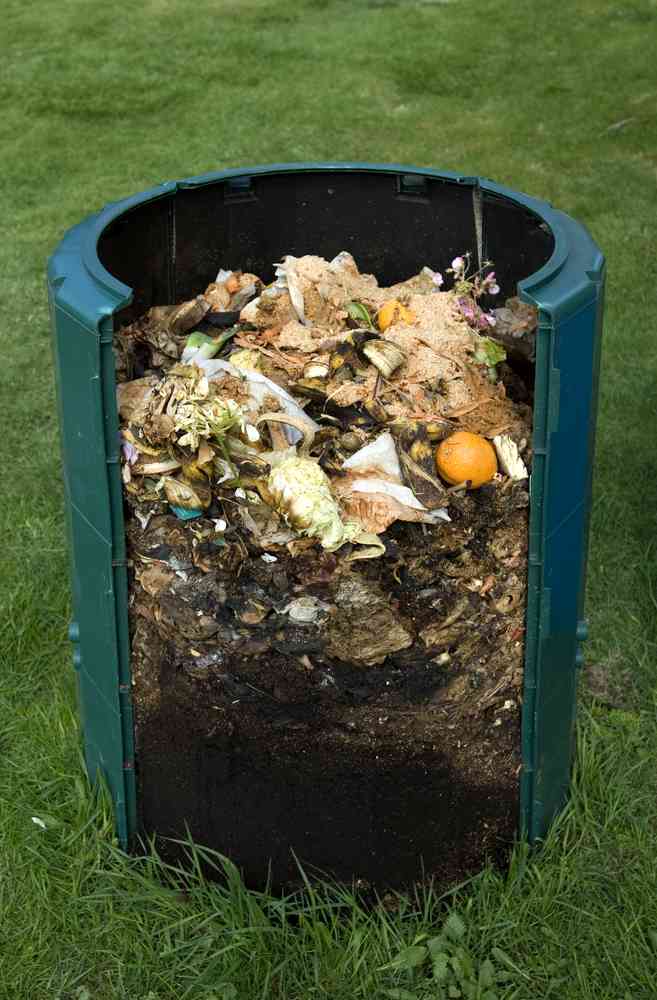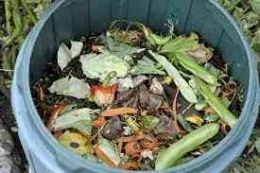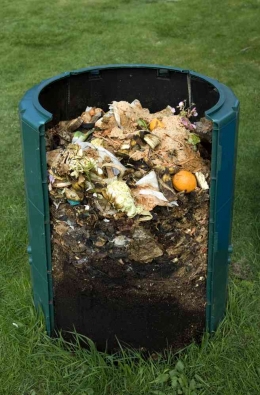To reduce the increasing generation of waste in the community. This article can provide readers with an in-depth understanding of the composting process, its benefits in managing organic waste, and its positive impact on the environment, so as to encourage public awareness of this environmentally friendly practice.
Waste is a serious problem that occurs throughout the country, because it has a negative impact on the environment and health. Increased consumption and lack of efficient waste management causes air, water and land pollution. Therefore, we as humans must be aware of reducing waste in the environment. To overcome this, we can do this by recycling waste, one of which is composting using a compost container that has been designed, where compost is the result of the process of decomposing organic material by microorganisms, such as bacteria and fungi. This process is called decomposition, where microorganisms break down organic materials into simpler substances. Compost is usually formed from a mixture of organic materials such as kitchen scraps, dry leaves and other organic materials. Using compost as organic fertilizer can improve soil health and help plant growth.
Around us there are still many people who are lazy to recycle waste, causing a bad impact on the environment. By designing a compost bin, it provides many benefits to the environment and society, such as; improves the quality of compost, is environmentally friendly, and produces quality organic fertilizer for plant growth, by requiring several ingredients such as nitrogen, phosphorus and potassium.

This composting process involves converting organic plant and animal residues into manure. The main product of composting is compost which is rich in humus and plant nutrients, oxygen is needed for the composting process. Ripe compost has an earthy smell and is dark brown in color. Temperature is the most important parameter in the composting process. During the cooling phase, microbial activity and the rate of decomposition of organic matter slow down and the temperature drops. On the 27th day, it is considered to have entered the maturity stage.
The materials needed for composting are:
- Soil, vegetables
- Nitrogen as protein production for plants.
- Phosphorus is essential for plant growth.
- Potassium is essential for photosynthesis, protein synthesis, and more.
The steps for making a compost bin are;
- Choose a plastic container and then make several holes in the lid of the container to provide air for the compost.
- The bottom of the compost is filled with a brown layer such as soil and shredded newspaper.
- Add vegetables to the compost.
- Add a few handfuls of compost starter to the composter and mix.
- The amount of soil added is the same as green vegetables. After that, give him a handful of water. Then sprinkle it into the composter and add a little turmeric powder, and place it in a warm place.
The principle of recycling waste with the composting method is considered successful because the organic compost produced from composting food waste can be used as fertilizer because its content is still within acceptable limits. It can also improve the quality of compost, is environmentally friendly, and produces quality organic fertilizer for plant growth.








